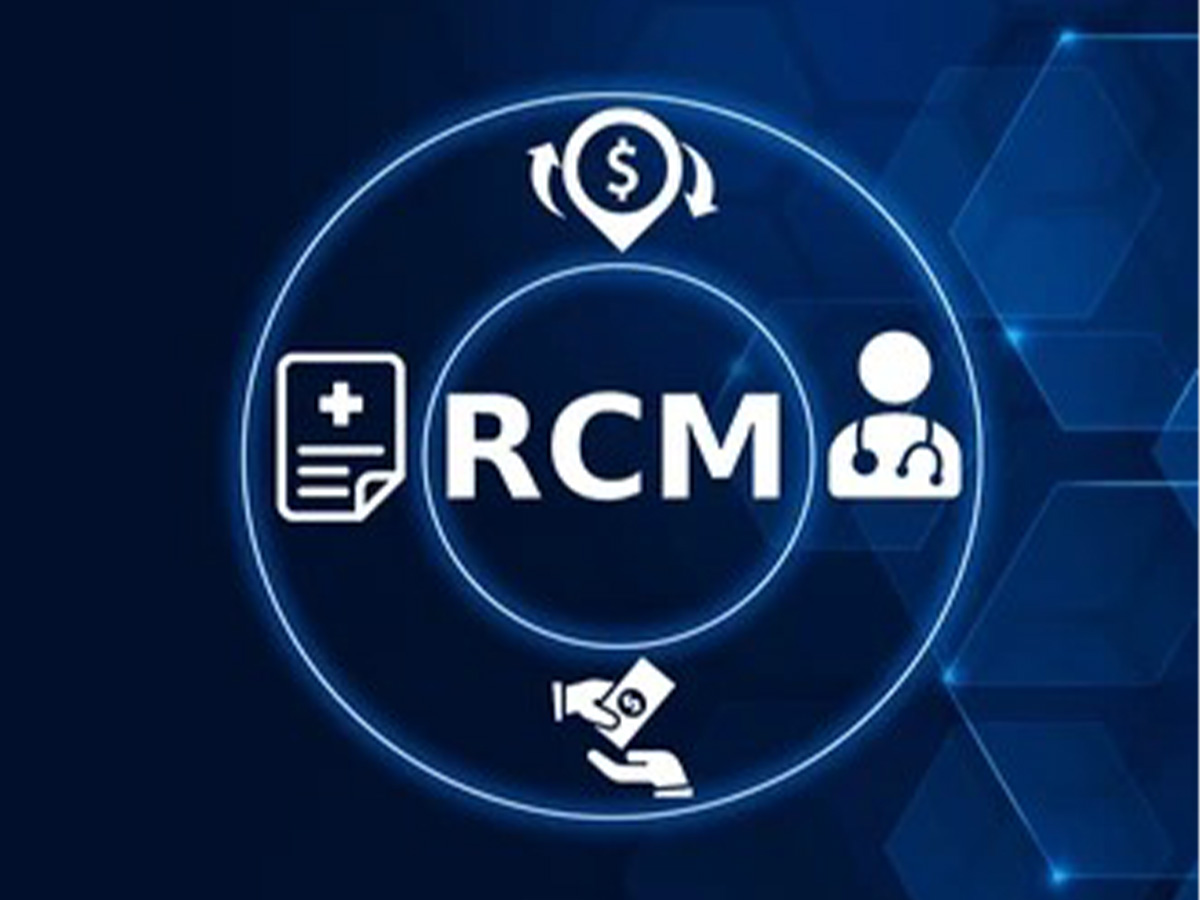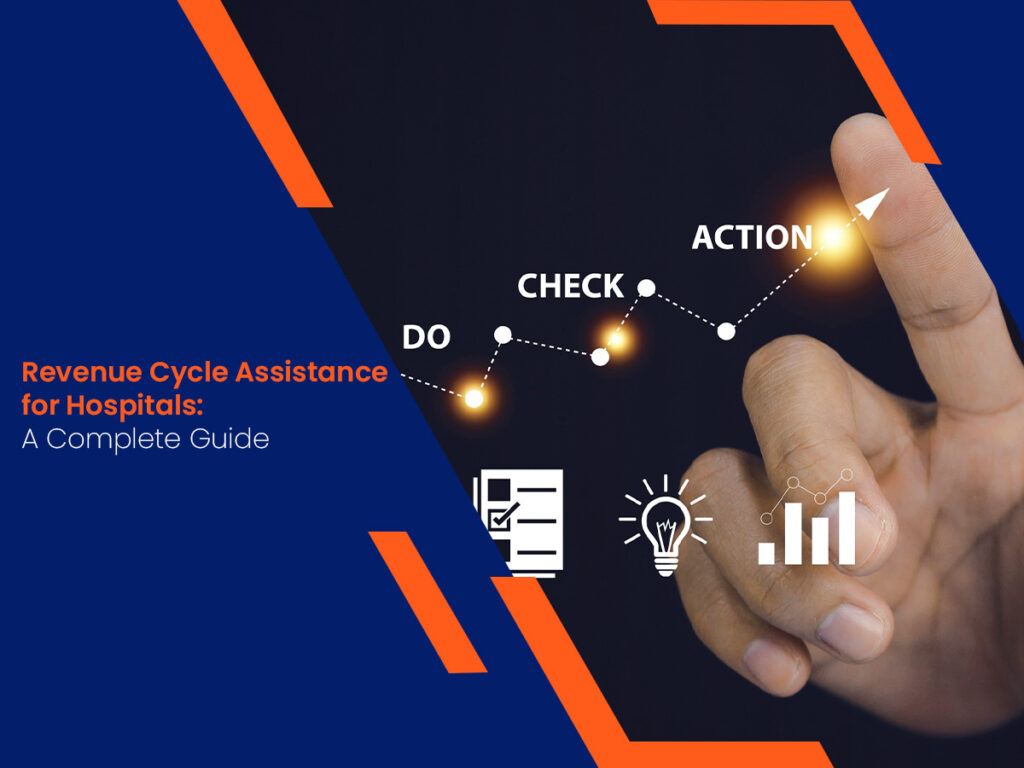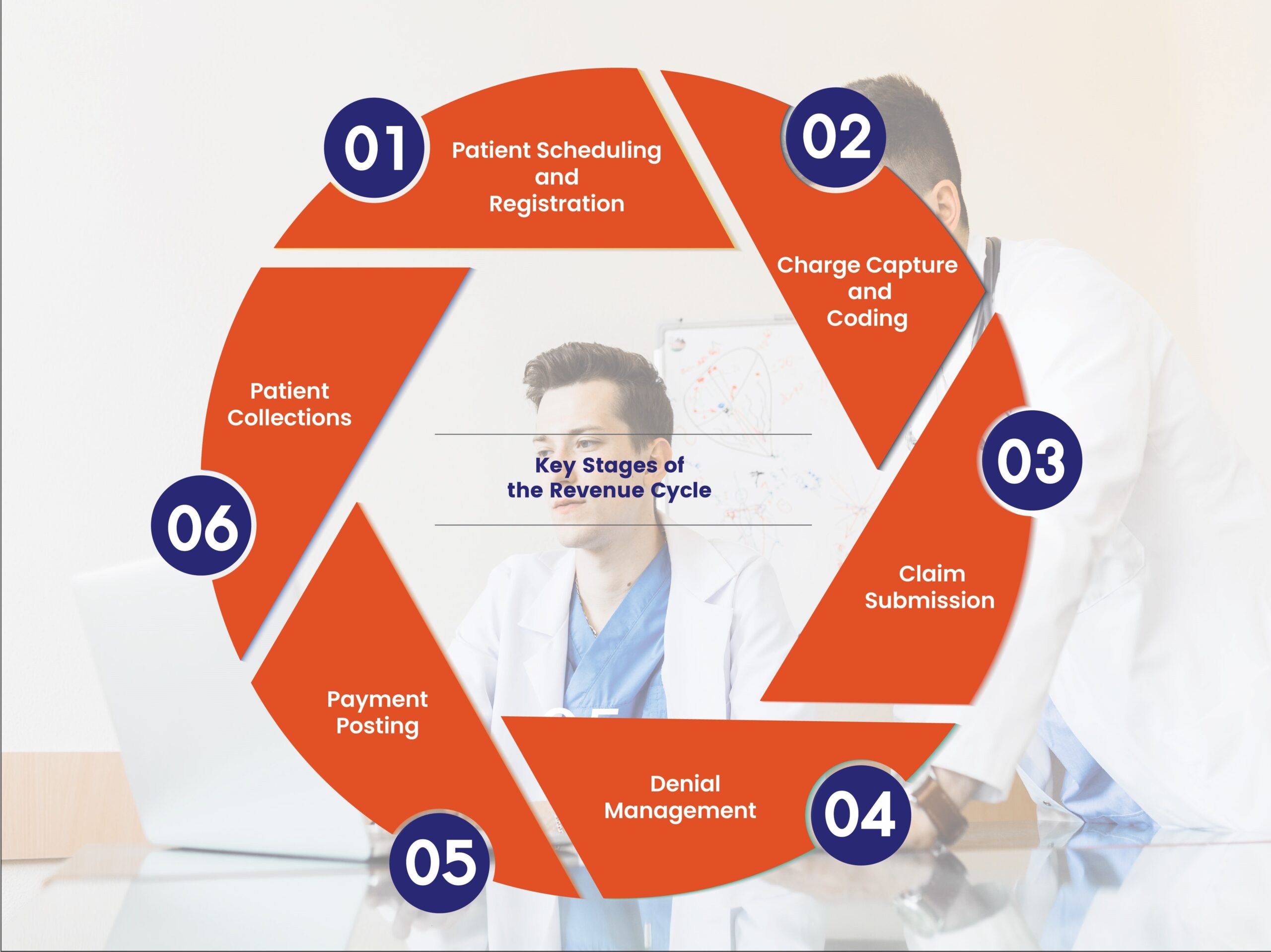Effective management of the revenue cycle is critical for the financial health of any hospital or healthcare organization. With the complexities of healthcare billing, insurance claims, and patient payments, hospitals face numerous challenges in optimizing their revenue cycle. This is where revenue cycle assistance comes in, providing hospitals with the tools, strategies, and services necessary to streamline their operations, reduce inefficiencies, and improve cash flow.
In this blog, we’ll explore what revenue cycle assistance entails, its importance for hospitals, and how it can drive financial and operational success.
Revenue Cycle Assistance for Hospitals: A Complete Guide
Revenue Cycle Management (RCM) refers to the administrative and clinical functions that contribute to the capture, management, and collection of patient service revenue. The revenue cycle begins when a patient schedules an appointment and ends when all payments for the services are collected. It encompasses everything from insurance verification and charge capture to billing, collections, and accounts receivable management.
Key Stages of the Revenue Cycle
1. Patient Scheduling and Registration
Accurate patient information collection is crucial. This stage involves verifying the patient’s insurance coverage, collecting co-pays, and ensuring all demographic and financial information is correct.
2. Charge Capture and Coding
Proper coding of services rendered ensures accurate billing. Hospitals rely on medical coders to translate patient encounters into billable codes that align with insurance guidelines.
3. Claim Submission
After coding, claims are submitted to insurance payers. Errors at this stage can result in claim denials or delays, which negatively impact revenue collection.
4. Denial Management
Not all claims are paid on the first submission. Denials need to be followed up promptly, with corrective action taken to appeal or resubmit the claim.
5. Payment Posting
Payments from patients and insurers are applied to accounts, with discrepancies being resolved as they arise.
6. Patient Collections
Hospitals must manage outstanding patient balances. Effective communication and follow-up processes are crucial for collecting these payments in a timely manner.
Why Hospitals Need Revenue Cycle Assistance
Hospitals often struggle to manage their revenue cycle internally due to its complexity and the constant changes in healthcare regulations, payer policies, and coding requirements. Many organizations have found that partnering with specialized RCM service providers can bring tremendous value, allowing them to focus on patient care while experts handle the financial operations.
1. Improved Cash Flow
One of the primary benefits of revenue cycle assistance is a smoother, faster flow of revenue. By reducing claim denials and ensuring that claims are submitted accurately and on time, hospitals can improve their cash flow and reduce the time it takes to collect payments.
2. Reduced Administrative Burde
Revenue cycle assistance allows hospital staff to focus more on patient care rather than getting bogged down by administrative tasks. RCM service providers manage tasks like insurance verification, coding, billing, and collections, freeing up valuable staff time.
3. Enhanced Accuracy and Compliance
Healthcare regulations and payer requirements are constantly changing. Revenue cycle experts stay up to date on the latest guidelines, ensuring that claims are compliant with current rules. This reduces the risk of denials and audits, protecting hospitals from financial losses due to non-compliance.
4. Data-Driven Insights
RCM service providers use advanced analytics to track performance, identify trends, and uncover inefficiencies in the revenue cycle. These insights help hospitals improve their financial operations and make informed decisions about where to invest resources.
5. Denial Prevention and Management
A robust denial management system is crucial for maximizing revenue. Revenue cycle assistance providers specialize in identifying the root causes of denials, preventing future errors, and resolving denials quickly.
The Role of Technology in Revenue Cycle Assistance
The integration of technology in RCM has significantly enhanced the way hospitals manage their revenue cycles. From automation to artificial intelligence (AI), technology is transforming revenue cycle processes.

- Automated Billing and Coding: Automation tools reduce human errors in billing and coding, ensuring claims are more accurate and complete.
- AI-Powered Denial Management: AI can help identify patterns in claim denials and suggest solutions, improving efficiency in denial resolution.
- Patient Payment Portals: Digital portals allow patients to view and pay bills online, improving the patient experience and increasing collections.
- Analytics and Reporting Tools: Hospitals can monitor their revenue cycle in real-time, using analytics to drive continuous improvement.
How Apaana Healthcare Can Help Hospitals with Revenue Cycle Assistance
At Apaana Healthcare, we specialize in providing comprehensive revenue cycle management services for hospitals. Our team of experienced professionals works with healthcare organizations to optimize every stage of the revenue cycle, from patient registration to final payment collection.
With our cutting-edge technology, skilled coding and billing teams, and dedication to client success, we help hospitals reduce denials, improve cash flow, and ensure compliance with the latest healthcare regulations.
Our services include:
- Denial management and appeals
- Payment posting and patient collections
- Insurance verification and prior authorization
We take the complexity out of revenue cycle management, allowing hospitals to focus on what matters most—providing excellent patient care.
Conclusion
Revenue cycle assistance is essential for hospitals seeking to improve financial performance while navigating the complexities of modern healthcare. By leveraging specialized RCM services, hospitals can ensure smoother operations, fewer denials, faster payments, and better financial outcomes.
Partnering with a trusted RCM provider like Apaana Healthcare can make all the difference, ensuring that your hospital’s revenue cycle is managed with precision and expertise.






